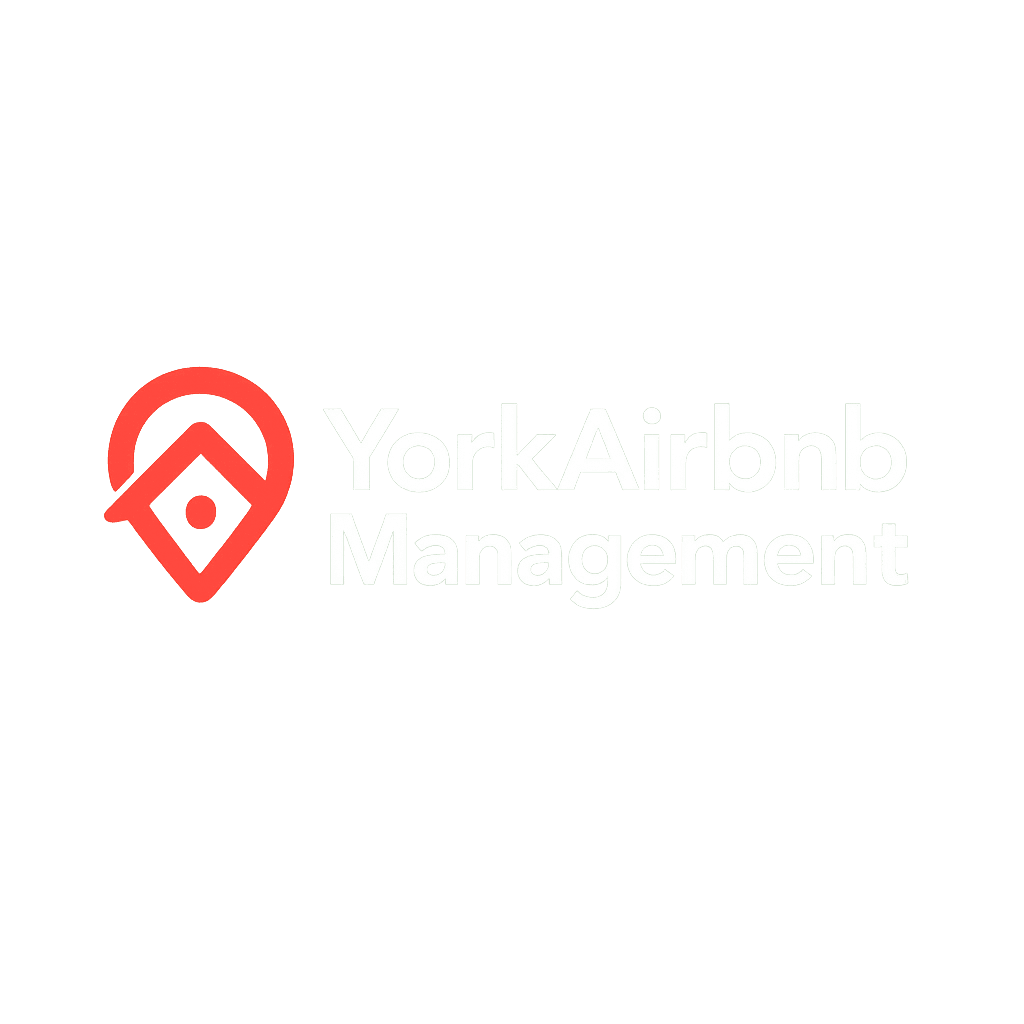York Airbnb Rules: A Complete Guide for Short-Term Rental in York
Apr 25, 2025
York Airbnb Rules: A Complete Guide for Short-Term Rental in York
Hosting a short-term rental in York can be both financially rewarding and personally fulfilling, offering hosts a chance to earn income while meeting visitors from across the globe. But before you dive into listing your property, it's crucial to understand the local regulations that govern Airbnb-style rentals in this historic city.
York’s charm attracts thousands of visitors each year, which makes it a prime spot for vacation rentals, but it also means local authorities have clear rules in place. Staying compliant not only helps you avoid fines or legal issues but also supports responsible tourism in the area.
Here’s everything you need to know about short-term rental regulations in York, from licensing and taxes to insurance and safety.
1. Getting Registered as a Short-Term Rental Host in York
Before accepting bookings, hosts should make sure their property is legally allowed to operate as a short-term rental. Registration requirements can vary depending on property type and location within the city.
Register with the Council: Some properties may need to be officially registered with York City Council.
Special Licenses: Homes used frequently for holiday lets or larger properties might require additional licenses.
Landlord Permission: Renters need approval from their landlord before listing a property.
Check Lease Terms: Ensure your lease agreement allows for short stays.
Keep Documentation: Save all registration and permit records in case of inspections.
Stay Informed: Keep an eye on updates from the council to remain compliant.
2. Understanding Your Tax Duties as a York Host
Report Income to HMRC: All earnings must be declared to HM Revenue & Customs.
Use the Rent-a-Room Scheme: If eligible, you can earn up to £7,500 tax-free per year.
Track Finances: Maintain accurate records of your hosting income and expenses.
VAT Thresholds: If earnings exceed £85,000 annually, VAT registration may be necessary.
Annual Filing: Submit your tax returns on time to avoid legal complications.
Seek Expert Help: An accountant can guide you through complex tax matters.
3. Planning Permissions & Zoning Rules in York
York has specific planning and zoning guidelines, especially for homes being used solely for short-term letting. Not complying could lead to legal action or restrictions.
Review Zoning Laws: Some neighborhoods have limits on short-term rentals.
Apply for Planning Permission: If your property’s main use becomes Airbnb, you might need to apply for a change of use.
Track Booking Frequency: Exceeding certain usage limits may trigger more stringent rules.
Know the Rules for Shared Homes: Co-living spaces may face different requirements.
Prevent Complaints: Follow noise guidelines and be considerate of neighbors.
Check with the Council: Always verify planning requirements based on your exact location.
4. Health & Safety Guidelines for Short-Term Rentals
The well-being of your guests should always be a priority. York enforces specific safety regulations for hosts, and non-compliance could lead to serious consequences.
Install Smoke Alarms: These must be fitted and functional in key areas.
Provide Fire Safety Gear: Include extinguishers or blankets for emergencies.
Annual Gas Checks: Get your gas systems inspected by certified professionals.
Electrical Safety: Have your electrical systems and appliances regularly tested.
Cleanliness Matters: Keep the space sanitary to prevent any health risks.
Display Emergency Info: Post local emergency contact numbers clearly in the home.
5. Setting Guest Rules & Behavior Expectations
Setting clear house rules not only protects your property but also supports harmony within your neighborhood.
Limit Occupancy: Respect local limits on the number of guests per stay.
Define House Rules: Cover smoking, noise levels, and pet policies upfront.
No Parties or Events: Most areas restrict large gatherings in rental homes.
Communicate with Neighbors: A simple heads-up about your hosting activity can go a long way.
Enforce Quiet Hours: Set guidelines to reduce nighttime disturbances.
Use Guest Agreements: Written agreements can clarify responsibilities and avoid disputes.
6. Insurance Tips for Airbnb Hosts in York
Standard home insurance often doesn’t cover short-term letting, so getting specialized coverage is key to protecting yourself and your property.
Review Your Policy: Understand what your current home insurance includes and excludes.
Opt for Host Insurance: Consider policies designed for holiday rental operators.
Liability Protection: Make sure your insurance covers guest injuries on the premises.
Property Damage Cover: Guard against damage caused by short-term tenants.
Loss of Income Insurance: Some plans compensate you for income lost due to cancellations or issues.
Check Airbnb Protections: Airbnb offers a Host Guarantee, but know its limits and exclusions.
Final Thoughts: Hosting in York the Right Way
Short-term rental hosting in York can be incredibly rewarding—but it’s not without its responsibilities. Staying aligned with local rules ensures that you, your guests, and your community all benefit from a smooth, respectful experience.
By registering your property properly, paying the right taxes, following safety regulations, and maintaining insurance, you’re building a trustworthy and sustainable hosting business. Stay up to date with local policies and consult professionals when needed to stay ahead of any changes.
Ultimately, successful hosting in York means offering a great stay and following the rules. Do that, and you’ll help support a tourism industry that benefits everyone.

